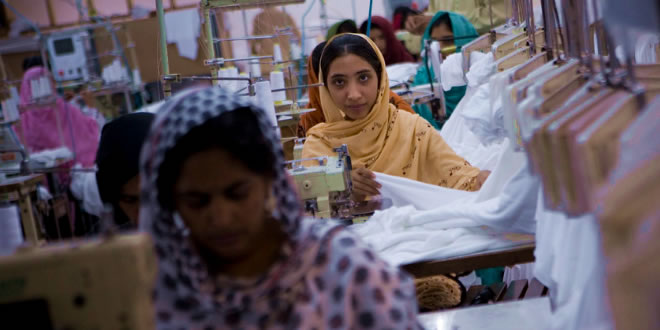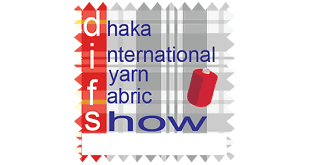An official from Ministry of Textile Industry in Pakistan said that a summary had been submitted to the Economic Coordination Committee more than a week ago to lift the ban.
Islamabad: Pakistan textile ministry headed by Prime Minister Imran Khan has recommended the lifting of a ban on the import of cotton from India to bridge the raw material shortfall the country’s textile sector was facing, according to a media report.
The Ministry of Textile Industry has sought permission from the Economic Coordination Committee (ECC) of the Cabinet to lift the ban on import of cotton and cotton yarn from India, the Dawn News reported, quoting official sources.
We already submitted the summary to the ECC more than a week ago to lift the ban, an official said, adding the decision of the coordination committee will then be placed before the federal Cabinet for formal approval.
Prime Minister Khan, as in-charge of the Commerce and Textile Ministry, has already approved the summary to be placed before the ECC, the report said.
The low yield of cotton bales in Pakistan has created problems, paving the way for import from India.
The government’s decision to consider lifting the ban from India came as a big relief for the value-added textile sector, which seeks access to cheap raw materials.
Currently, cotton and yarn imports are allowed from all countries except India.
Pakistan suspended trade ties with India after New Delhi revoked the special status of Jammu and Kashmir in 2019.
Pakistan has been unsuccessfully trying to drum up international support against India for withdrawing Jammu and Kashmir’s special status and bifurcating it into two Union territories in August, 2019.
In May 2020, Pakistan lifted the ban on import of medicines and raw material from India to ensure there is no shortage of essential drugs amid the Chinese Virus COVID-19 pandemic.
This was the first step of reversing the complete suspension of trade with India.
Commerce Adviser Razak Dawood tweeted, A meeting was held with the Prime Minister @ImranKhanPTI escalating prices of cotton yarn were discussed. He was sympathetic towards the value-added sectors & advised that in order to ease the pressure on yarn and keep momentum of value added exports.
All steps be taken through cross-border imports of cotton yarn including by land. A summary will be presented at the next ECC to ensure availability of cotton and yarn in the coming months, the commerce adviser said in another tweet.
The textile sector has hailed the government’s move.
Pakistan Textile Exporters Association Chairman Khurram Mukhtar in a tweet said that import of raw cotton, yarn and grey fabric from India will bridge the gap in demand and supply. It will enable Pakistani exporters to continue growth momentum, he said.
According to reports, against the annual estimated consumption of minimum 12 million bales, the Ministry of National Food Security and Research expects only 7.7 million bales production this year. However, cotton ginners have given the lowest production estimates of only 5.5 million bales for this year.
There is a minimum shortfall of six million bales and Pakistan has so far imported roughly 688,305 metric tonnes of cotton and yarn, costing USD 1.1 billion, according to the Pakistan Bureau of Statistics. There is still a gap of about 3.5 million bales that needs to be filled through imports.
Due to shortage of cotton and yarn, the users were compelled to import them from the United States, Brazil and Uzbekistan.
Imports from India would be far cheaper and would reach Pakistan within three to four days.
Importing yarn from other countries was not only expensive but would also take one to two months to reach Pakistan.
 4Textile.com World Textile & Apparel Industry Events, News
4Textile.com World Textile & Apparel Industry Events, News







